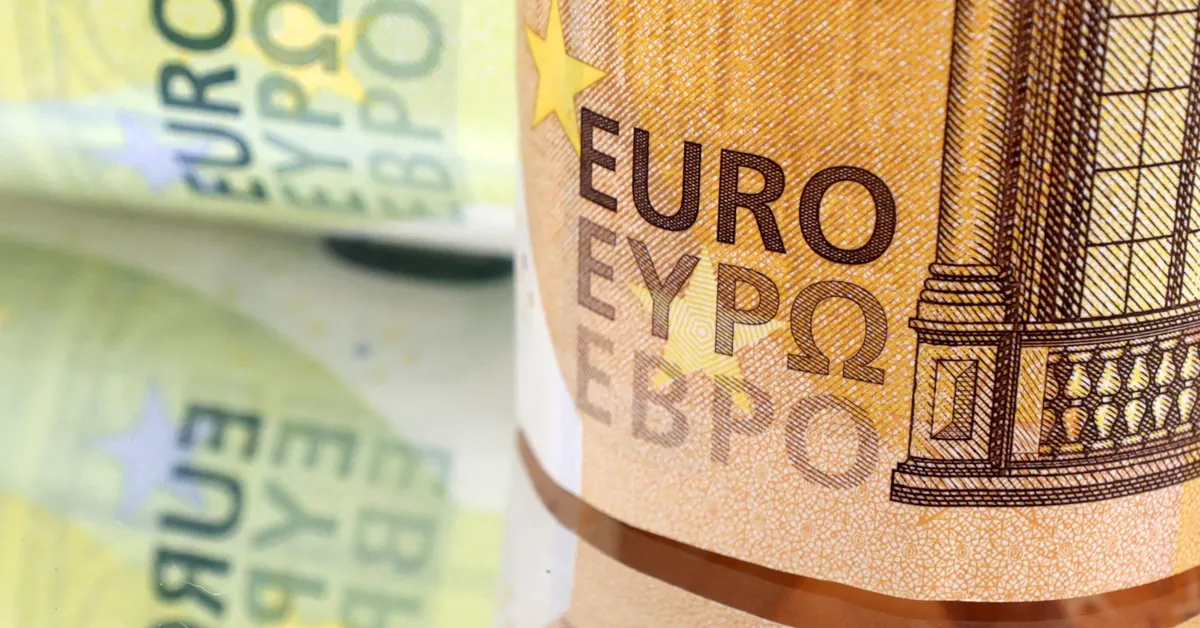
LONDON, Feb 23 (Reuters) - The euro soared to a one-month high and stock futures surged on Monday following the expected victory of Germany's conservatives in the national election. Investors are now keenly awaiting further results to determine the likelihood of much-needed fiscal reform.
The conservative CDU/CSU bloc secured 28.5% of the vote, with the AfD trailing at 20.5%, according to projections released late Sunday by ZDF broadcaster. Despite anticipated complex coalition negotiations, the victory of conservative leader Friedrich Merz, set to become Germany's next chancellor, provided reassurance to investors as the election delivered no unexpected shocks.
The euro climbed to a one-month peak of $1.0528 during the Asian session, buoyed partly by a weakened dollar. Meanwhile, European shares saw gains, with EUROSTOXX 50 futures rising 0.7% and DAX futures surging over 1%. In contrast, Bund futures experienced a decline.
Although coalition dynamics remain unpredictable, potentially leading to political fragmentation and policy paralysis, Saxo's chief investment strategist, Charu Chanana, noted the immediate relief from the lack of major surprises in the election results. The possibility of a centrist-leaning government, potentially shifting towards business-friendly policies, further boosted market sentiment.
Analysts are now focusing on how swiftly the conservative Christian Democrats can form a coalition government to implement essential changes in Germany's fragile economy. Frederik Ducrozet, head of macroeconomic research at Pictet Wealth Management, suggested that market-friendly coalitions, such as the Grand Coalition or the Kenya coalition with CDU, SPD, and the Greens, are theoretically possible.
The AfD, which opposes fiscal reform, did not exceed expectations, reinforcing a positive market outlook. However, the major question remains whether Germany will reform its debt brake, which limits the structural budget deficit to just 0.35% of GDP. Germany's economy, once a powerhouse and the largest in Europe, has contracted for a second consecutive year in 2024, with critics attributing this to the debt brake causing years of underinvestment.
Investor expectations for increased spending have risen recently, especially with the urgency to boost defense expenditure across European capitals. The election outcome will significantly influence markets' assessment of Europe's ability to secure potentially hundreds of billions of euros to enhance its defenses.
Germany's additional yield for long-term debt compared to short-term debt is near its highest since 2022, recorded earlier in February. Analysts believe that reforming the debt brake could support euro area stocks and the single currency, which dipped to around $1.01 earlier in February due to U.S. tariff concerns.
Besides the far-right AfD, it remains unclear if the neoliberal Free Democrats, also opposing debt brake reform, will secure enough seats, as exit polls place them around the 5% threshold needed to enter parliament. Nordea's chief market strategist, Jan von Gerich, pointed out that whether the largest parties can gather enough votes to alter the debt brake is still a question without definitive answers.
The number of smaller parties entering parliament will also influence whether a two-way coalition can be formed between the Conservatives and the Social Democrats or if a third party, like the Greens or possibly the FDP, will be necessary. This could prolong coalition talks and increase market uncertainty.
Sign up here for more updates.
Editing by Deepa Babington & Shri Navaratnam